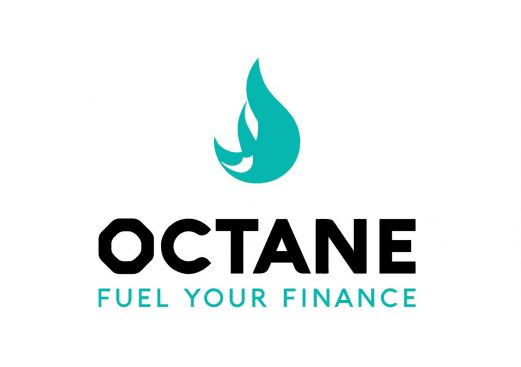As if it couldn’t be made clearer, we often see customers who enter a business to business sale attempt to claim rights under the Consumer Rights Act 2015. To be clear, the Consumer Rights Act 2015 is only applicable to contracts for a trader to supply goods to a consumer.
“Consumer” is defined as an individual acting for purposes that are wholly or mainly outside that individual’s trade, business, craft or profession.
If a trader claims that an individual was not purchasing the goods as a consumer, as defined above, it is for the trader to prove this. It is not sufficient to argue that the customer signed a trade sale invoice. The circumstances as a whole will be considered. Indeed, incorrectly using trade sale invoices where the customer was clearly a consumer is likely to be considered an attempt to restrict the consumer’s rights and could result in intervention by Trading Standards.
In one of our recent cases, despite informing a customer that they purchased their van as a trader for the specific use in his construction trade, thus rendering the Consumer Rights Act 2015 inapplicable, the customer pursued a rejection claim under the Consumer Rights Act 2015.
The matter proceeded to Court and the Claim was issued in the customer’s trading name, evidencing that the purchase was in fact a trade sale.
The Court dismissed the Claimant’s claim on the ground that this was a business to business sale, as evidenced by the Claimant’s name on the Claim forms. The 30 day right to reject was therefore inapplicable.

Octane Finance is the broker of choice for new and used car dealers nationwide. With our uncompromising service levels and our genuine and professional approach, you and your customers can trust us to deliver.








